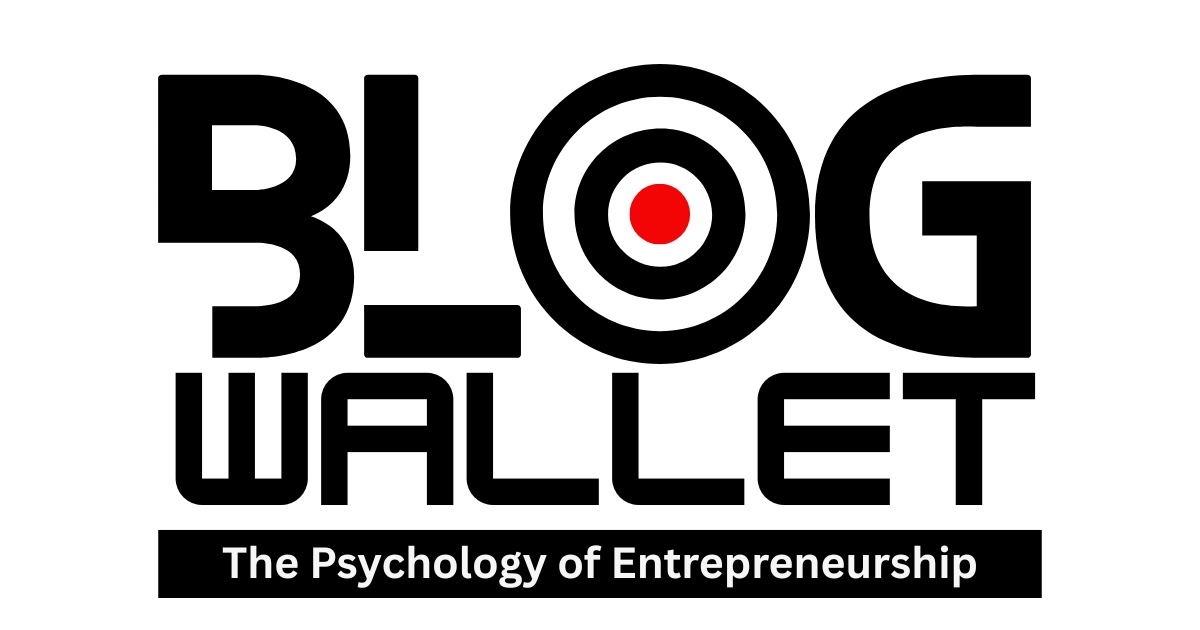Never underestimate the power of a well-crafted proposal. I’ve learned that lesson time and again, and it’s always more than just words on a page. The problem isn’t just the lack of clarity — it’s the missed opportunities that come from a poorly written proposal. When you submit a subpar proposal, you often lose the chance to showcase your skills and vision: a dangerous setback when you’re trying to build a freelance career.
1. Know Your Audience
Understanding who you’re writing for is crucial. I’ve had proposals fall flat because they didn’t address the client’s specific needs. A tailored approach speaks volumes and shows that you care about their project.
2. Clarity is Key
Jargon and complex sentences can confuse potential clients. I’ve seen proposals that were so convoluted they lost the reader’s interest. Clear, concise language is essential to get your point across effectively.
3. Structure Matters
A well-organized proposal makes it easy for clients to follow your thought process. I once submitted a proposal that was a jumble of ideas, and it didn’t matter how good the content was. A logical flow can make or break your chances.
4. Highlight Your Value
Clients want to know what sets you apart. I’ve learned to emphasize my unique skills and experiences rather than just listing them. Showcasing your value proposition can make a significant difference in their decision-making process.
5. Be Specific
Vague proposals often lead to vague results. I’ve had clients ask for clarification because my proposals didn’t provide enough detail. Specificity builds trust and shows that you have a solid grasp of what the project entails.
6. Address Potential Concerns
Anticipating questions or concerns can set you apart from the competition. I’ve had success by proactively addressing potential issues in my proposals. It demonstrates foresight and a willingness to engage in dialogue.
7. Use Testimonials Wisely
Social proof can bolster your credibility. I once included testimonials strategically, and they enhanced my proposal’s impact. A well-placed endorsement can provide a powerful reinforcement of your skills.
8. Edit Ruthlessly
Typos and grammatical errors can undermine your professionalism. I’ve submitted proposals that were riddled with mistakes, only to regret it later. A thorough edit is non-negotiable if you want to present your best self.
9. Follow Up
After submitting a proposal, a follow-up can be crucial. I’ve learned that a gentle nudge can keep you top of mind. It shows your commitment and keeps the lines of communication open.
10. Seek Feedback
Understanding what worked and what didn’t can refine your approach. I’ve asked clients for feedback on my proposals, and their insights have been invaluable. Continuous improvement is essential in the freelance world.
11. Be Authentic
Your proposals should reflect your true personality and style. I’ve seen proposals that felt formulaic and lacked authenticity. Being genuine can resonate with clients and create a connection that’s hard to replicate.
12. Practice Makes Perfect
Proposal writing is a skill that improves with practice. I’ve written countless proposals, each one teaching me something new. The more you write, the sharper your skills will become.
Bottom line: Write proposals that are clear, structured, and tailored to your audience. Create a compelling narrative that showcases your value. You’ll find greater success in winning projects.




